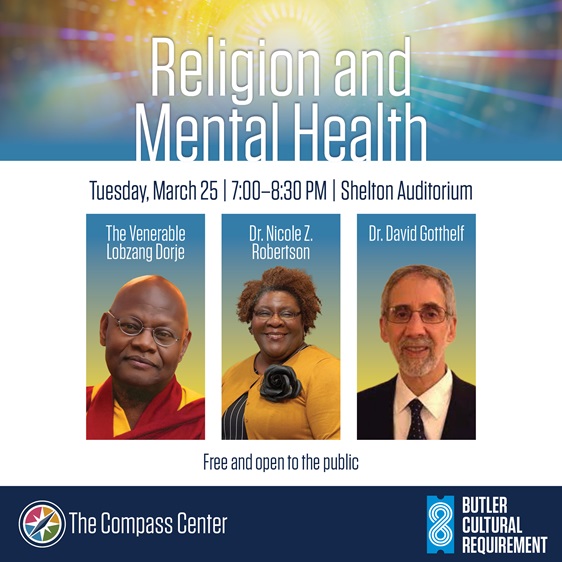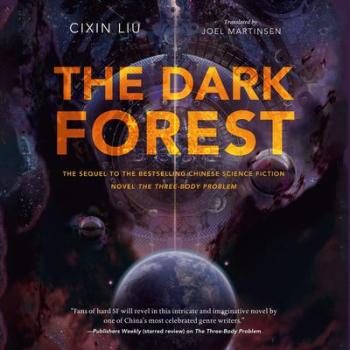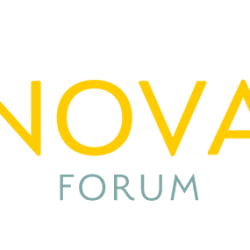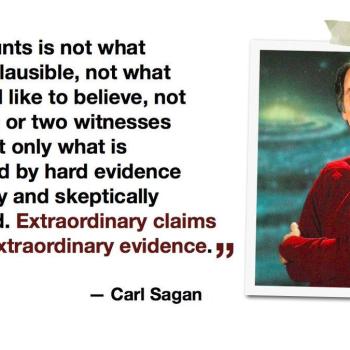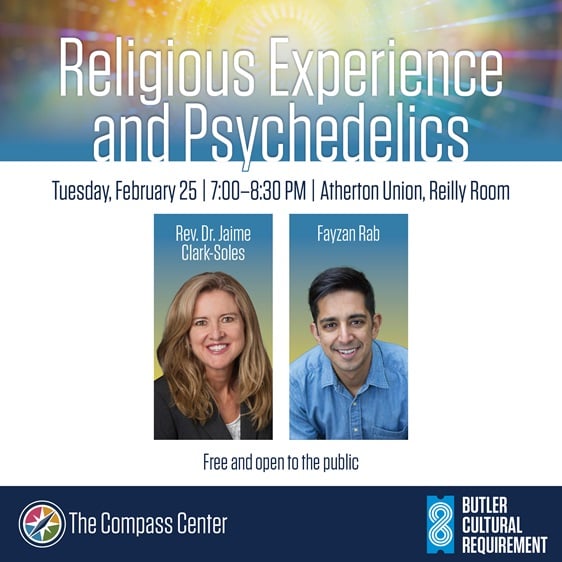
There’s a story behind how we ended up hosting a public lecture at Butler University on “Religious Experience and Psychedelics” and this is it. I was interviewed by Butler University’s student newspaper, The Butler Collegian, about this upcoming public lecture and thought it might be of interest for me to include the entirety of what I provided to the journalist.
Each year Butler University has this Series on Religion and Society which brings four speakers to campus to share their expertise on a given topic. The theme changes each year, and as we brainstormed possible topics for the 2024-2025 academic year, my longstanding interest in religion and science in general, and religion and artificial intelligence (AI) in particular, gave me the idea for a series on Religion and the Mind. It could include neuroscientific perspectives on religious practices and experience and bring Andrew Newberg to campus, whose work I’ve long followed. It could also feature an expert on artificial minds, and I knew that someone like Anne Foerst who is both a theologian and a computer scientist would be ideal. As the faculty member organizing the series and teaching the class that runs in parallel with it, this was exciting since it would give me a chance not only to introduce students to the work of these pioneers, but have the opportunity to meet them myself.
The possibility of including a lecture on psychedelics came to mind as one possibility. I turned at this point to an academic friend in my own field, Rev. Dr. Jaime Clark-Soles. We know each other because we are both New Testament scholars who have written about women in the early church. I had learned through articles mentioning it that she had participated in a psilocybin study, and it turned out that she had begun to give talks about her experience. I asked if she would be interested in giving a public lecture at Butler, and she agreed. I arranged to teach my course on Women in Early Christianity the same semester as her public lecture so that my students in that class would have the opportunity to meet her as well.
We tend to give speakers a lot of room to approach a topic in a way that makes sense to them and reflects their own work in a field. As a result, when I attend a lecture there’s a good chance that I’m learning as well. I have often read one or more books by a speaker before they come to campus, but that doesn’t mean that I know ahead of time exactly what they will say. I was delighted that Anne Foerst chose to focus on LLMs like ChatGPT in her talk since I have been working on a book about teaching the humanities in the era of generative AI.
I hope that the subject of psychedelics will attract lots of students who don’t always make a point of attending public lectures. I hope that they will discover that both inside and outside the classroom, Butler offers opportunities to explore so many big, deep, and important topics from a wide range of angles. I think that some students imagine that Religious Studies is either promoting religion or hostile to it. At Butler it is definitely neither. Many of the professors and students have a personal connection with religion, but what we do academically is study the texts, the practices, the ideas, the societal impacts, and much more. Courses like the one that runs in parallel with the public lecture series give students at Butler a chance to have dinner with the guest speakers before the lecture. It is a very unusual course format, and I am honored to teach at a university that gives students this sort of amazing experience.
In the upcoming lecture, I’m excited because this is a topic that I know very little about. That is not only because I have no experience of taking psychedelics. The psychological and pharmaceutical perspectives are also well outside my areas of expertise. Fortunately at Butler we have major programs in those areas and so we’ll have faculty and students in psychology and pharmacy present to engage the topic from a variety of perspectives. It will be fascinating to hear from an ordained minister in my own denomination (American Baptist Churches) on this unconventional topic.
Come hear Rev. Dr. Jaime Clark-Soles and medical student Fayzan Rab as well as Butler faculty speak and converse about this fascinating topic! This will take place Tuesday, February 25th at 7 pm in the Reilly Room in Atherton Union on the campus of Butler University.
Then come back for the fourth and final lecture in the series on Religion and Mental Health in March!
